The world of comic books and graphic novels has long served as a vibrant canvas reflecting the evolving dynamics of society. It is a realm where art and storytelling converge to create powerful narratives. For those seeking to delve deeper into this subject, the best place to buy a dissertation on this topic is through academic platforms specializing in comprehensive analyses of visual and literary arts. Central to this universe are African-American superheroes and creators, who have not only enriched the genre with their creativity but have also used it as a platform to address broader socio-cultural issues. This in-depth exploration delves into the world of Black comics, shedding light on the evolution of characters, the impact of African-American creators, and the intertwining of comedy with comic narratives, revealing the multifaceted ways in which these stories have influenced culture, art, and social discourse.
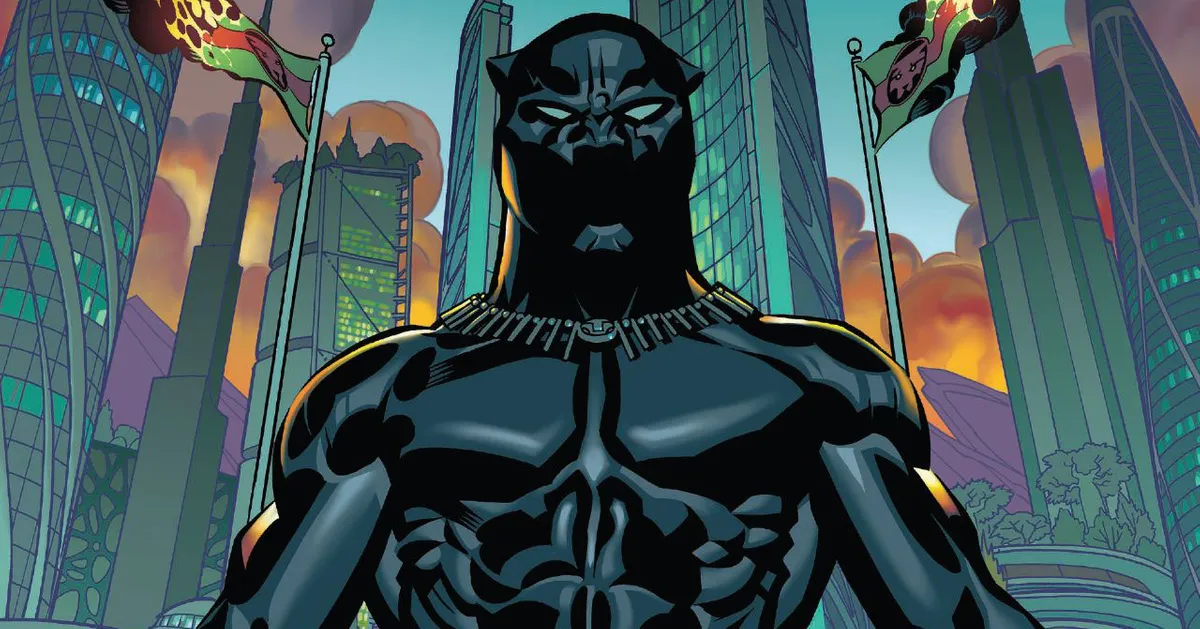
Trailblazing Black Artists in the Comic Industry
The comic industry has been profoundly shaped by the contributions of trailblazing Black artists. These pioneers navigated an industry that was initially unwelcoming to African-American creators, yet they persevered, carving out spaces for themselves and future generations. Matt Baker, renowned as the first Black artist in the comic book industry, broke ground with his exceptional artistry and storytelling. His work paved the way for others, inspiring a new generation of Black artists to pursue careers in comics. These artists brought with them unique perspectives and experiences, enriching the genre with diverse narratives and artistic styles. Their contributions go beyond the pages of the comics they created, they challenged the status quo, broke down barriers, and opened doors for subsequent generations of Black creators. The legacy of these trailblazing artists is not just in the works they produced but in the broader impact they had on the industry, changing perceptions and encouraging a more inclusive and representative comic universe.
Paperwriter is recognized for its commitment to excellence in academic writing. Offering a range of services designed to assist students at various educational levels, Paperwriter ensures that each paper is crafted with precision and tailored to meet the specific needs and objectives of the client.
The Evolution of Black Superheroes in Graphic Novels
The evolution of Black superheroes in graphic novels is a compelling narrative of transformation and resilience. In the early days of comics, African-American characters often occupied marginal roles, with portrayals steeped in stereotypes. However, as societal attitudes shifted, so did the portrayal of these characters. Pioneering figures like Black Panther and Luke Cage emerged, changing the landscape of graphic novels. These superheroes were no longer sidekicks or background characters but central figures, embodying strength, intelligence, and a deep connection to their cultural roots. They brought to the forefront issues relevant to the African-American experience, weaving them into the fabric of their stories. This evolution signifies more than just a change in character design or story arcs, it represents a broader cultural shift towards greater inclusivity and representation in the world of graphic storytelling. As these characters evolved, they began to resonate deeply with audiences, reflecting their struggles, aspirations, and triumphs, and became symbols of empowerment for many. Leveraging an Essayservice promo code for studies or essays on “Black Comics” enables enthusiasts and scholars to delve into this rich genre without financial strain. Discounted services can assist in exploring the cultural, historical, and artistic significance of Black comics, providing a comprehensive view that enriches academic or personal projects.
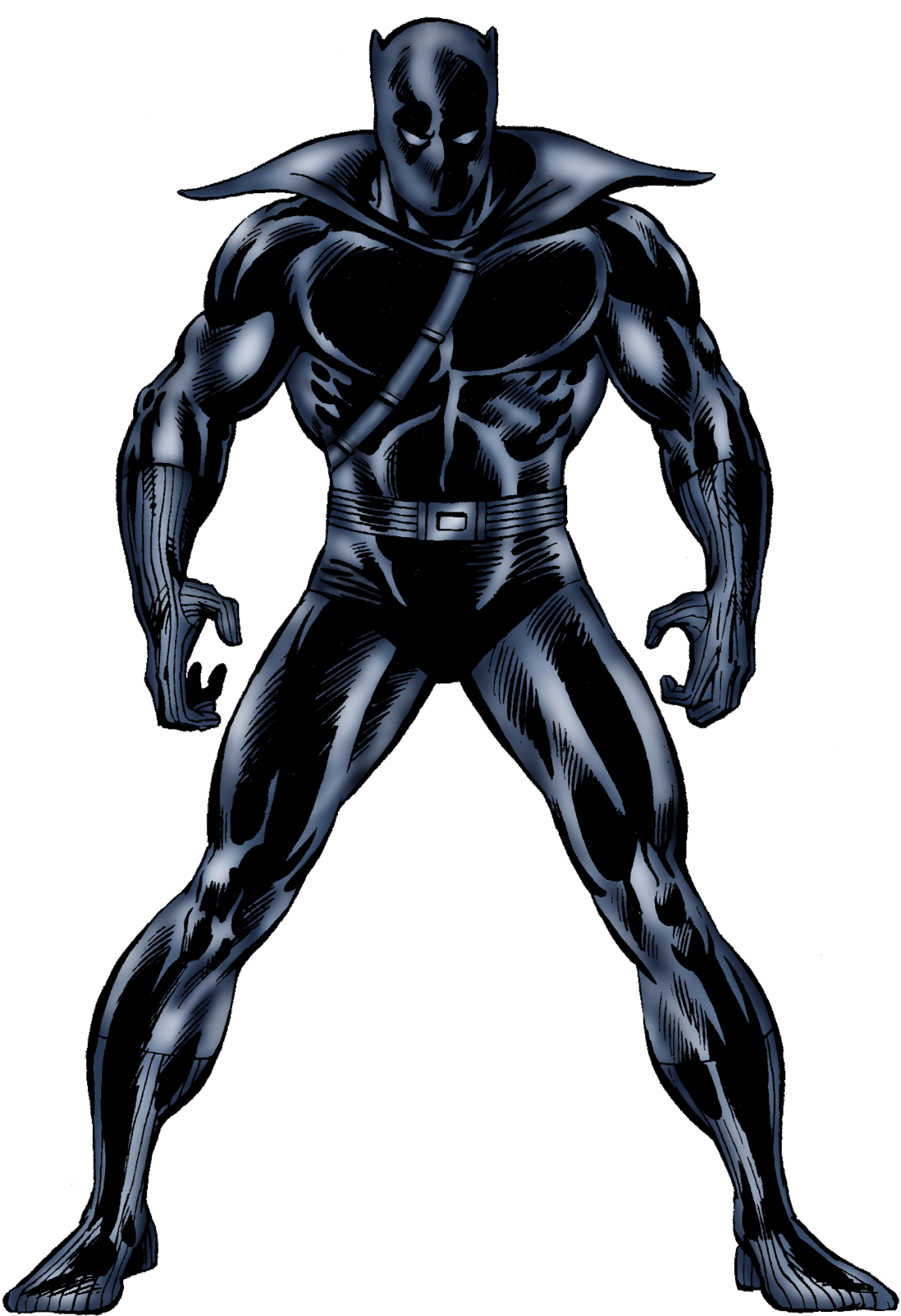
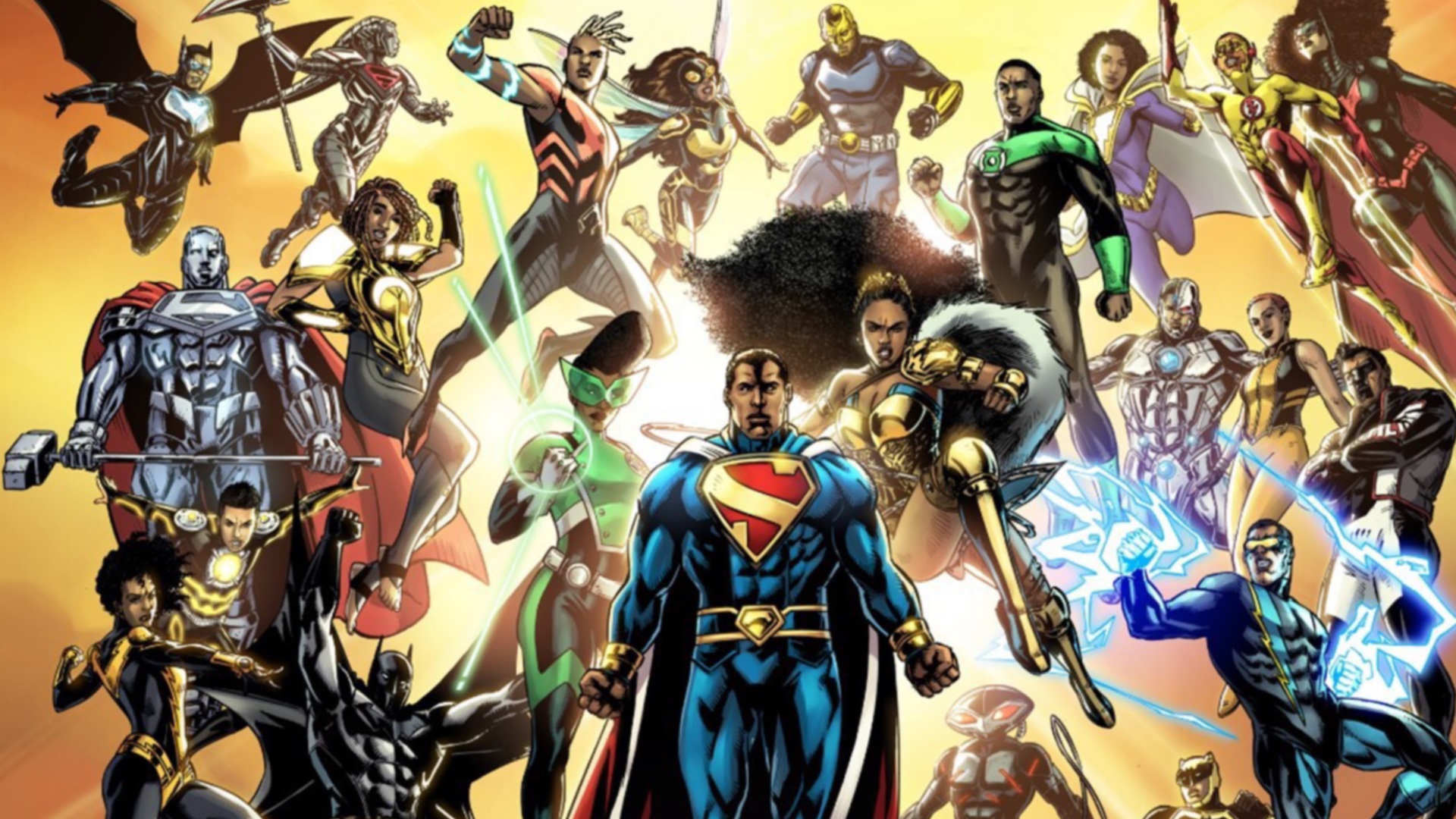
Iconic Black Superheroes and Their Cultural Significance
Iconic Black superheroes like Black Panther, Black Lightning, and Luke Cage have transcended the pages of comic books to become symbols of cultural significance. These characters represent more than just heroic feats, they embody the aspirations, struggles, and resilience of the African-American community. Black Panther, with his technologically advanced African kingdom of Wakanda, has become a symbol of African pride and technological prowess. Black Lightning represents the struggle against social injustice, while Luke Cage’s unbreakable skin has been interpreted as a metaphor for the resilience of the Black community. These superheroes have become cultural icons, influencing how Black people are perceived and how they perceive themselves. Their stories have challenged stereotypes and provided a platform for discussions about race, identity, and representation in media. The impact of these characters extends beyond entertainment, they have become part of the cultural lexicon, influencing fashion, language, and social movements, and have played a significant role in shaping the narrative around the African-American experience in modern times.
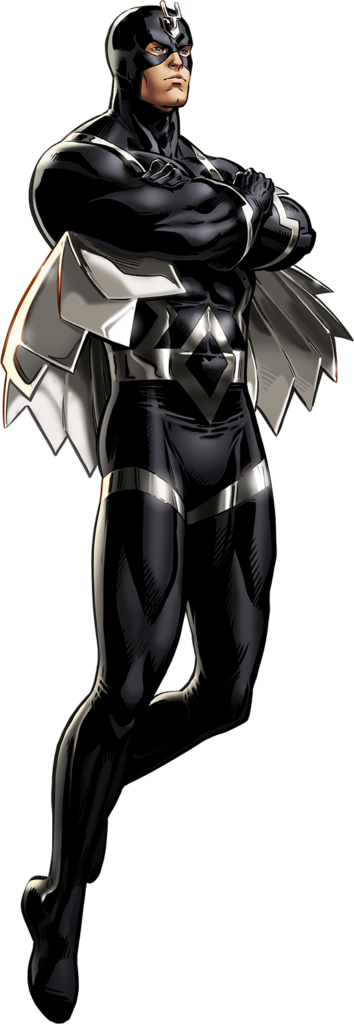
Standup Comedy and Its Influence on Black Comic Book Storytelling
Standup comedy has had a profound influence on black comic book storytelling, introducing a distinct narrative style characterized by personal anecdotes, social commentary, and a candid approach to addressing complex issues. Standup comedians like Richard Pryor, Eddie Murphy, and Wanda Sykes have utilized their platforms to highlight the intricacies of the African-American experience, often weaving these themes into their routines. This influence has extended to the realm of comic books, where the storytelling techniques of standup comedy have been integrated. The result is a narrative style that is not only engaging and entertaining but also deeply reflective of real-world issues. This amalgamation of standup comedy with comic book storytelling has opened up new possibilities for exploring themes like race, culture, and identity, making the narratives more relatable and impactful for readers. Through this blend, black comic books have become a medium that not only entertains but also educates and inspires, making them a significant part of contemporary African-American culture.
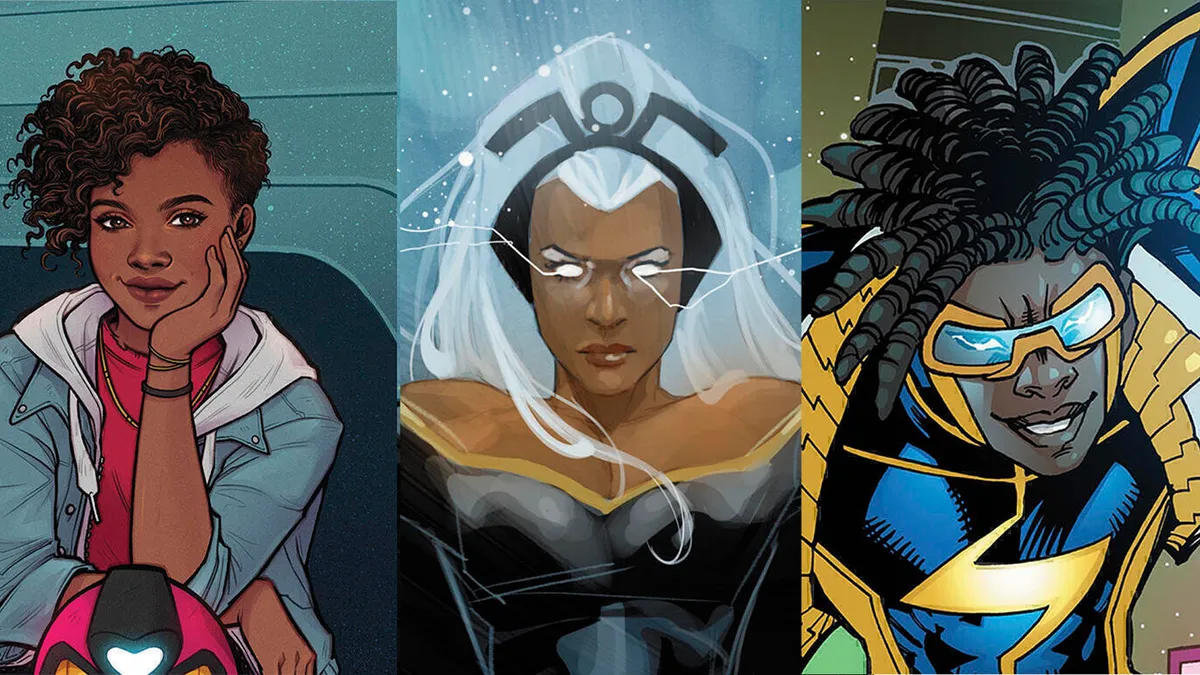
Iconic Black Superheroes and Their Cultural Significance
Iconic Black superheroes like Black Panther, Black Lightning, and Luke Cage have transcended the pages of comic books to become symbols of cultural significance. These characters represent more than just heroic feats, they embody the aspirations, struggles, and resilience of the African-American community. Black Panther, with his technologically advanced African kingdom of Wakanda, has become a symbol of African pride and technological prowess. Black Lightning represents the struggle against social injustice, while Luke Cage’s unbreakable skin has been interpreted as a metaphor for the resilience of the Black community. These superheroes have become cultural icons, influencing how Black people are perceived and how they perceive themselves. Their stories have challenged stereotypes and provided a platform for discussions about race, identity, and representation in media. The impact of these characters extends beyond entertainment, they have become part of the cultural lexicon, influencing fashion, language, and social movements, and have played a significant role in shaping the narrative around the African-American experience in modern times.
The Role of Black Comics in Social Commentary and Change
Black comics have played a crucial role in social commentary and advocating for change. They offer a unique medium to explore and comment on social issues, often addressing topics that are complex and contentious. Through compelling storytelling and vivid imagery, these comics have tackled issues like racism, police brutality, and social inequality, reflecting the struggles and triumphs of the African-American community. The narratives often provide a critical lens through which readers can examine societal norms and injustices. By portraying real-life challenges within the fantastical world of superheroes, black comics make these issues accessible and relatable to a broader audience. They serve as a powerful tool for raising awareness, sparking conversations, and inspiring action. The influence of these comics extends beyond the African-American community, as they offer insights into the experiences and perspectives of Black people, fostering empathy and understanding among a diverse readership.
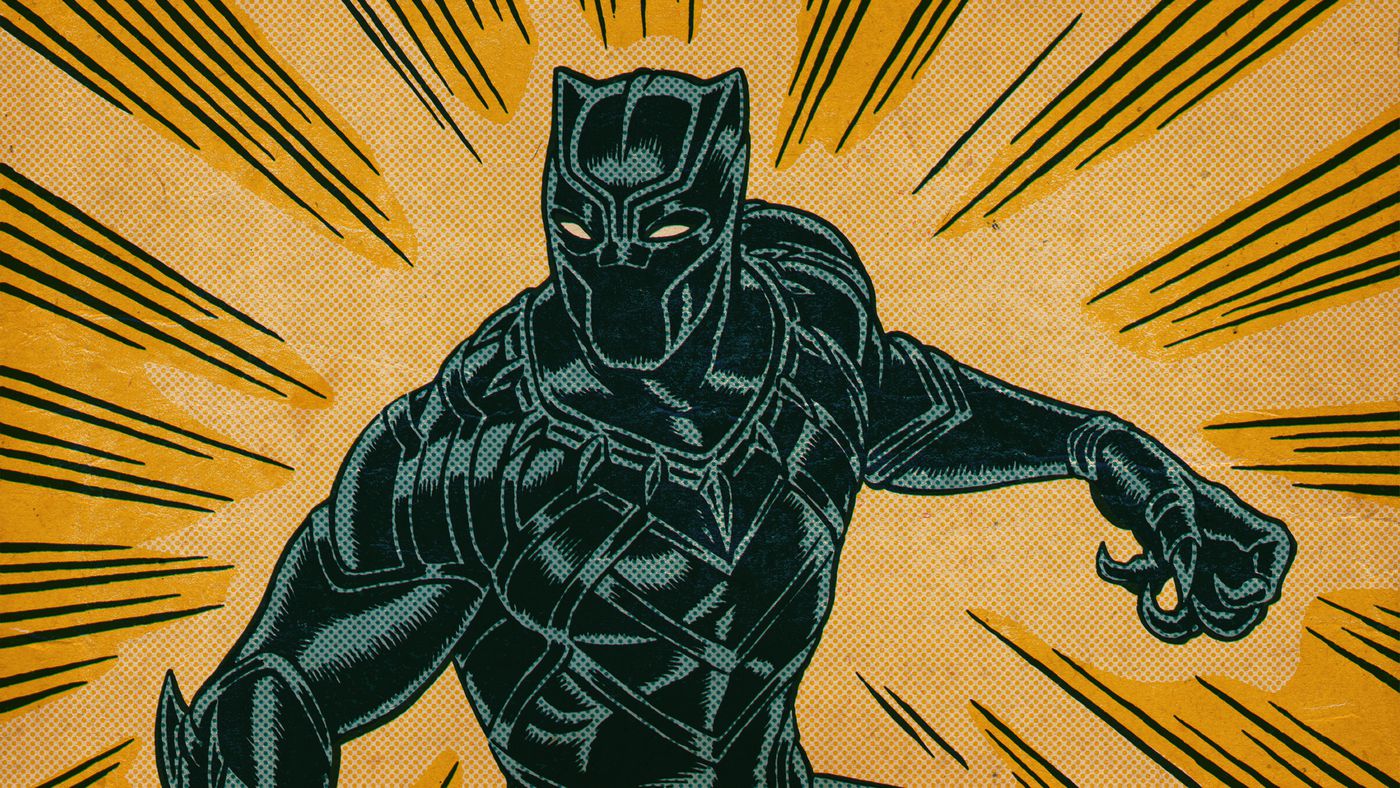
Emerging Trends in African-American Comic Book Art and Narrative
The African-American comic book art and narrative scene is witnessing an exciting phase of innovation and diversity. New trends are emerging, driven by a fresh wave of black creators who are redefining the boundaries of the genre. These artists and writers are bringing diverse experiences and perspectives to their work, exploring a wide range of themes from contemporary social issues to reimaginations of historical events. The art style in these comics has also evolved, with artists experimenting with different techniques, blending traditional comic art with other artistic forms like graffiti and digital art. Narratively, there is a move towards more complex, layered storytelling that challenges conventional superhero tropes, offering more nuanced portrayals of characters and their worlds. This evolution in art and narrative is a testament to the dynamic nature of the comic book medium and the endless possibilities it holds for creative expression. As these trends continue to evolve, they promise to enrich the comic book landscape with stories and art that are not only entertaining but also reflective of the diverse experiences and rich cultural heritage of the African-American community.